
 |
| (China Daily) |
Selling a kidney to buy a smart phone, using cash to encourage children to read and selling hugs are some of his examples.
The good news, Sandel says, is that while talking to people, he discovers that most of them are dissatisfied with the current way of life and expressed resentment against the market-driven approach, terming it as utilitarian motivated or a fixation with the size of the economy.
"I think we are uneasy about the social life that has resulted from these assumptions. I think there's a great desire or even hunger to reflect and question and challenge where the purely market-driven, GDP-approach has led us, in my own society, and also in China."
Sandel does not deny the effect of a market economy, but he reckons that while developing economic growth, countries should also see the distinction between "a market economy" and "a market society".
Despite different levels of development, both China and the United States have drifted from "having a market economy to becoming market societies", he says.
"A market economy is a tool. It's a valuable and effective tool for organizing productive activity, and it has brought prosperity and economic growth, and rising living standards to the countries around the world. But a market society is a place where everything is up for sale. It's a way of life in which the market values dominate every corner of social life."
According to Sandel, most of the assumptions that he has challenged are now being questioned in China, too. "It is important for China, at this stage of its economic development, to think hard about the distinction between having a market economy and becoming a market society, and what to do about it."
Sandel says it is a good thing that many Chinese are now aware of the moral limits of market forces.
"Judging from the response that I hear from among Chinese students and readers and audiences, there seems to be a high level of awareness on the importance of thinking about the associated risk of allowing market values and money to dominate every spirit of life.
"There seems to be a high level of awareness that a purely market-driven approach can lead to growing inequality, or a growing gap between rich and poor, a lack of fairness, and can also erode family relationships and obligations, especially the more extended kind. Such an approach will be corrosive to the community and lead to erosion of values."
As a professor, Sandel has firsthand experience of how an emphasis on market value erodes higher education. There is a tendency to regard a university education more as a tool, as an instrument for equipping student to get good jobs, he says.
"The danger of that is the higher purpose of education is crowded out. That higher purpose is to develop the full individual in his or her highest capacities, personal and intellectual development and also to equip students to become effective citizens."
But Sandel says he is not looking for specific solutions to the problems he talks of. What he does expect is a growing awareness by people of market economies turning into market societies.
"Once people stand back and notice that and begin to discuss how far they want this market logic to go, then people will come up with various ways of dealing with these problems."
What is required is a change in the public culture and attitudes and assumptions toward markets and market logic, and this means trying to appeal to non-market values in various domains, he adds.

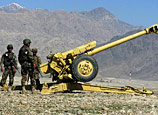

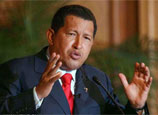
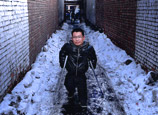


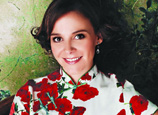

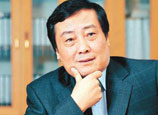
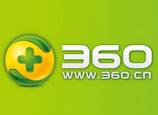






 Missing baby killed in Changchun | Photos: Local residents mourn for killed baby
Missing baby killed in Changchun | Photos: Local residents mourn for killed baby


![]()
